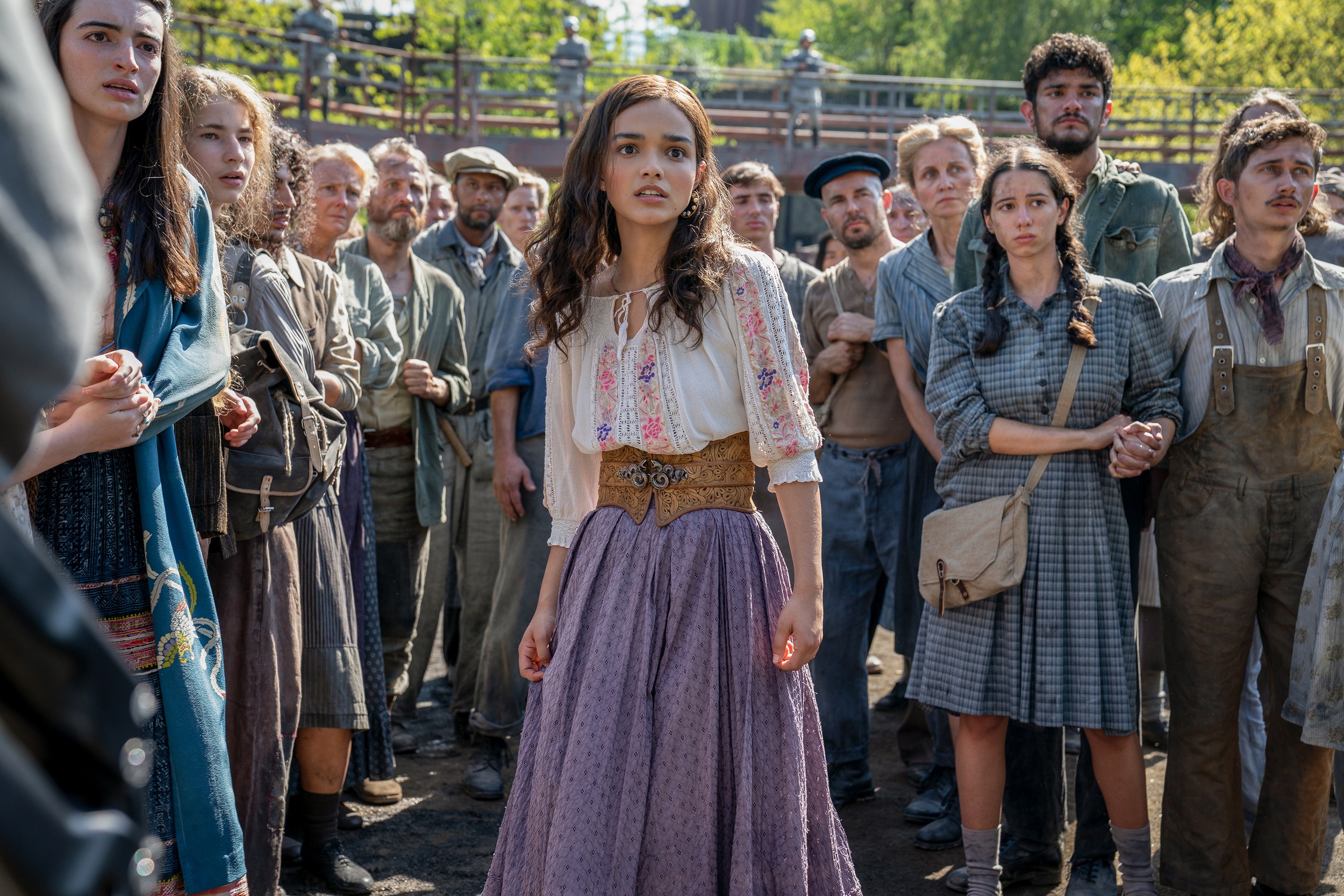Exploring the Disturbing Appalachia Soundtrack of the ‘Hunger Games’ Prequel | Vanity Fair

Written by Savannah Walsh
In The Hunger Games: The Ballad of Songbirds and Snakes, Rachel Zegler's character, Lucy Gray Baird, states, “I don’t sing when I’m told. I sing when I’ve got something to say.” In this Hunger Games prequel set about 60 years before the original series, music is of central importance.
Lucy Gray is chosen for the 10th annual Hunger Games, where she rebelliously sings “Nothing You Can Take From Me.” After surviving the games and returning from the arena, she sings “Pure as the Driven Snow” to Tom Blyth's character, Coriolanus Snow. Lucy Gray also performs the original version of “The Hanging Tree," a folk tune later sung by Jennifer Lawrence's Katniss in 2014’s Mockingjay: Part 1.
Suzanne Collins's readers will recognize Lucy Gray’s songs as they were largely adapted directly from the novel. These tunes were given melody by Dave Cobb, the executive music producer. Cobb worked alongside Francis Lawrence (director), Nina Jacobson (producer), and James Newton Howard (film score composer) and brought in artists such as Olivia Rodrigo and Molly Tuttle who plays Lucy Gray’s guitar in the film.
Even though Cobb revisited the existing films for reference, he found more guidance through extensive discussions with the filmmakers and Collins. Collins, according to Cobb, is an ingenious individual who has created a comprehensive universe for her books with full backstories for each character.
Collins explained to Cobb that her depiction of dystopian Appalachia was influenced by several sources, including the English Civil War and music from the early 1900s. In the process of creating the music, Cobb also drew from his personal background. He came from a lineage of bluegrass musicians and was raised in a religious background filled with hymnals.
While working within the framework of Appalachian folk music, Cobb didn’t shy away from incorporating more unconventional influences. He admitted, there's a touch of The Smiths in the soundtrack. Despite sticking to traditional roots, he also threw in a few surprise elements.
Contributions by Julie Miller, Chris Murphy, and Rebecca Ford.
Cobb's process included an accelerated timeline, creating the songs in under a month before presenting them to the production team. He strongly believes in delivering honest, raw, first-time performances. Cobb's methodology also extended to the recording of the film’s music. Inspired by Alan Lomax, who was famed for his field recordings across Scotland and Ireland, Cobb and his team chose to record in an ancient house in Savannah, Georgia. He intended to provide an authentic, rustic feel to the film, reflecting the aesthetic of 'Southern dystopia'.
Thousands of miles away, Zegler was on the film’s set in Germany recording many of the vocals. “Singing is easy for her. There’s nothing hard about singing for Rachel, at all,” he says, noting that after pre-records, “she actually sang on set live,” a process with which she was familiar from 2021’s West Side Story. Cobb, who watched feeds of filming, praised Zegler’s ability to tap into the complexity of Lucy Gray. “There’s a strength to everything she sings, even when she’s vulnerable…. I wanted her to appear as if she’s always got it,” he says. “Even when things may not be going her way, you feel like she’s going to come through. The music has that fragility, but with each bit of fragility, there’s a huge amount of strength.”
Cobb, who previously composed music for A Star is Born, The Eyes of Tammy Faye, and Elvis, is eager to orchestrate another fictional environment next. “If somebody says, ‘Write a song about yourself,’ I think that’s incredibly constraining in a way,” he explains. “But it’s like, ‘Go write a song about futuristic, dystopian Appalachia.’ This is fun. I can’t wait to do more of it—that’s really my love right now.”




